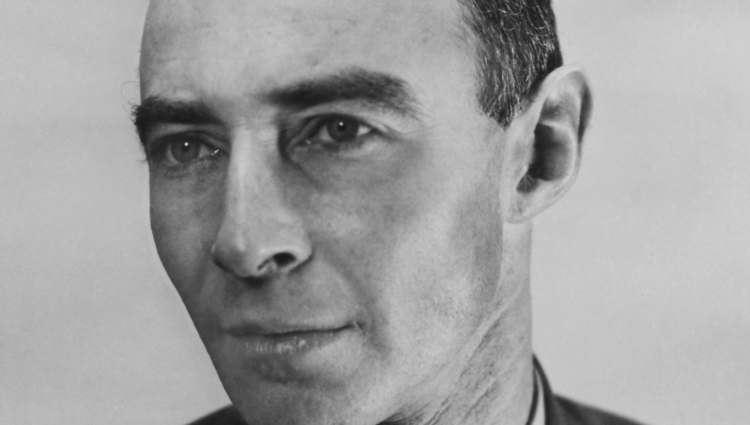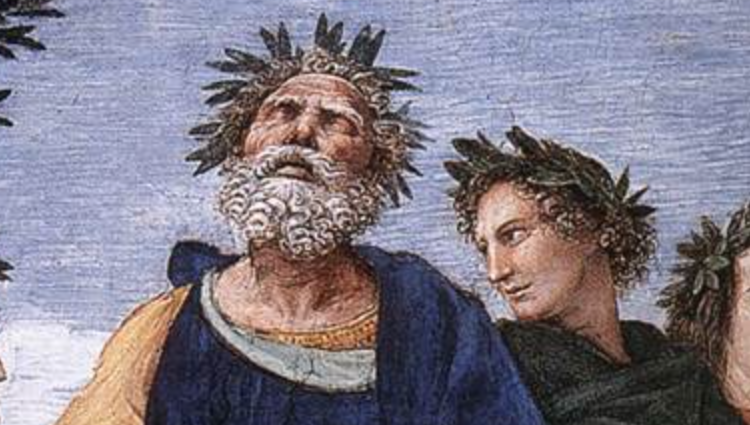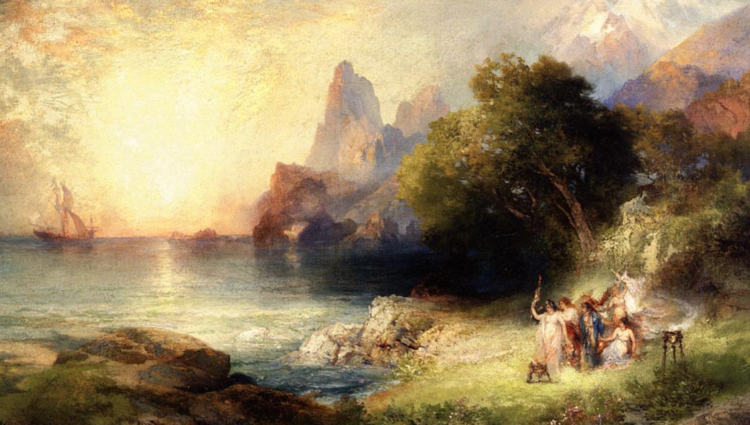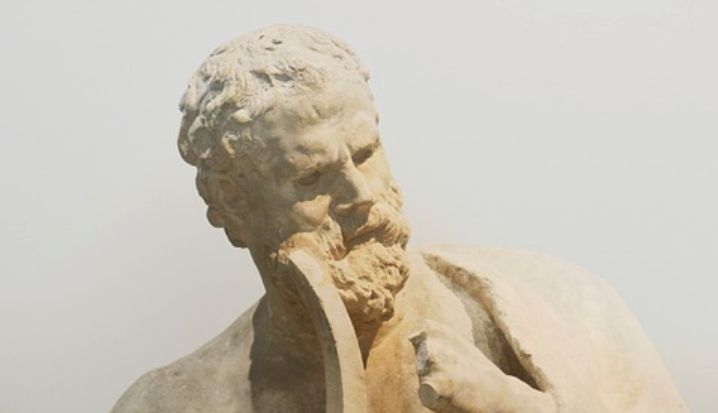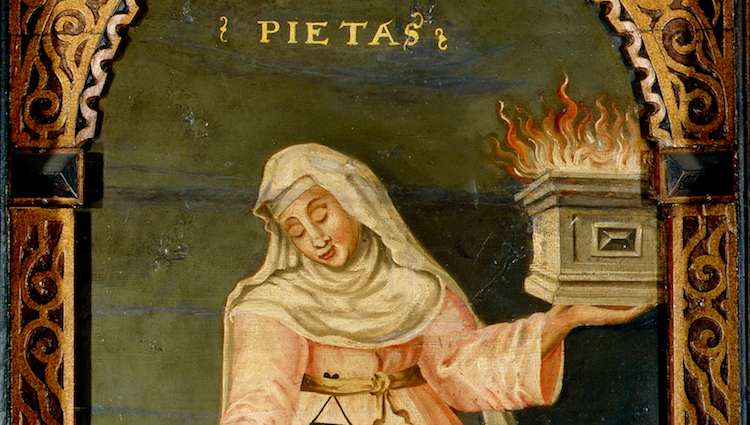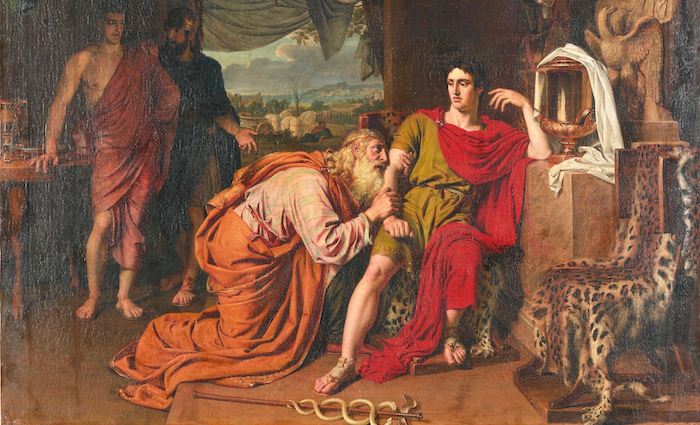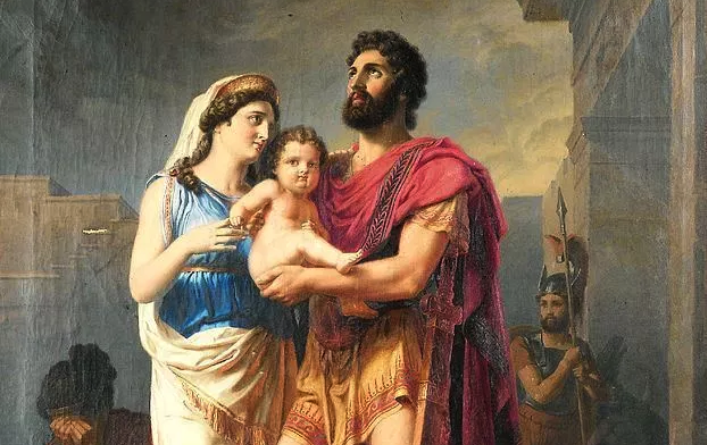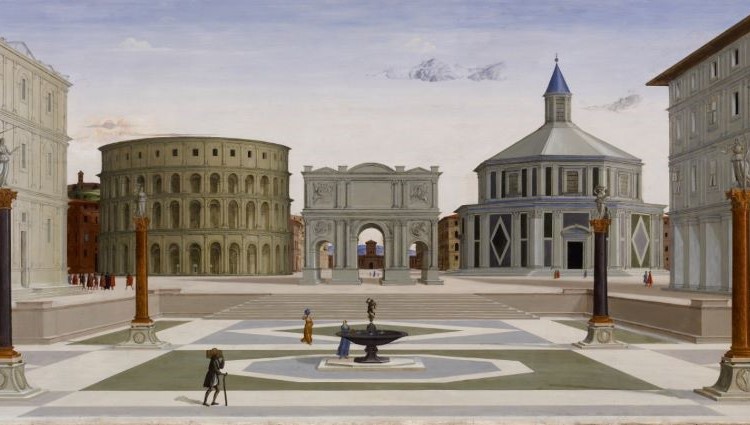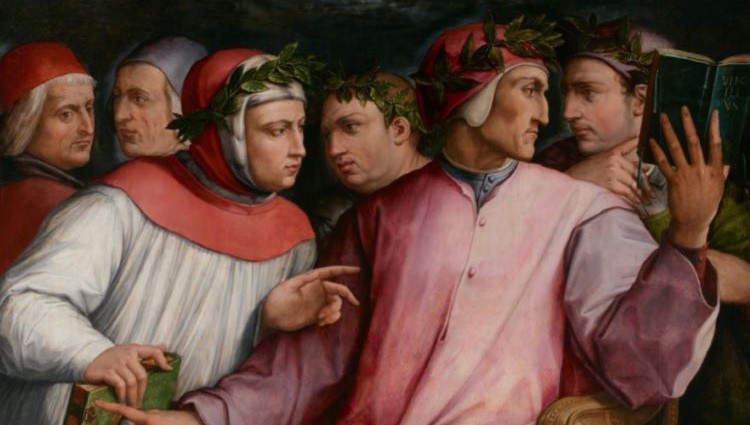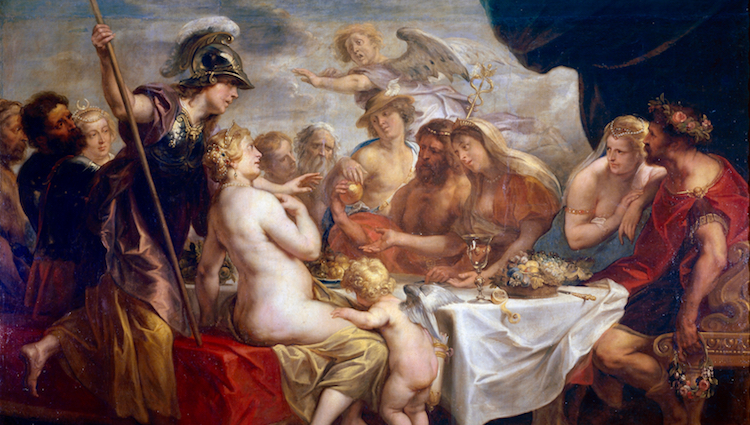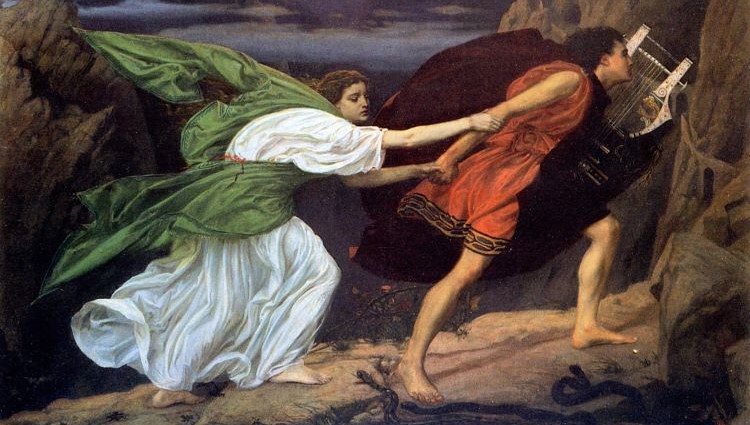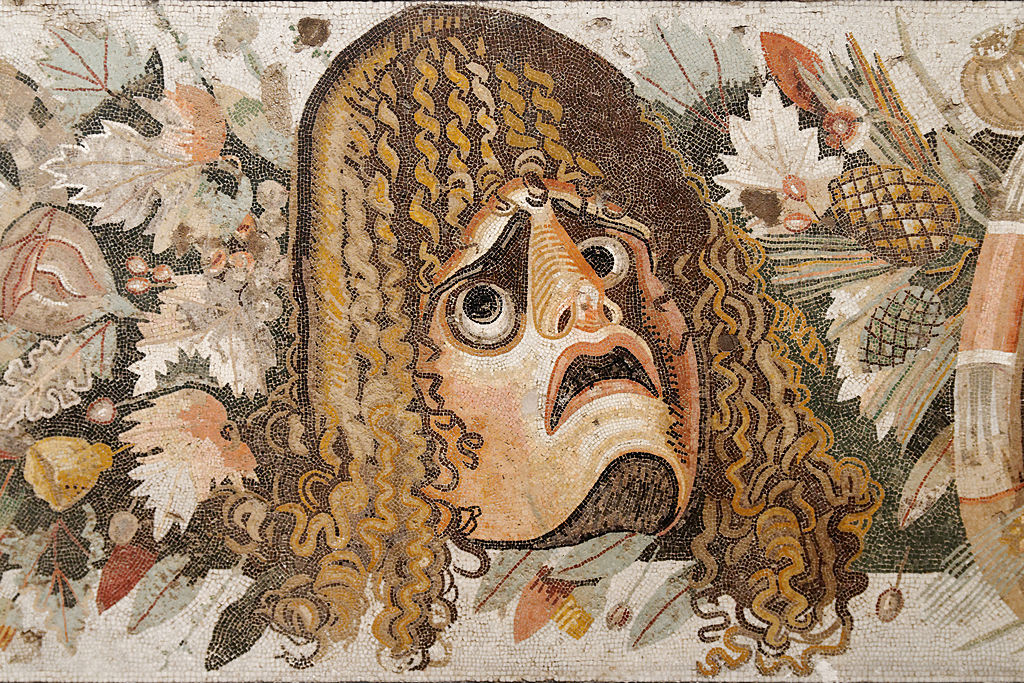Fire From the Gods: Oppenheimer as a Greek Tragic Hero
Like the Greek tragic heroes of Oedipus and Prometheus, J. Robert Oppenheimer used his almost superhuman intellect and ability to achieve something that led not only to his own suffering, but also to the suffering of others. Americans today would do well to heed the lessons passed down from the Greek tragedians about the reckless [...]

